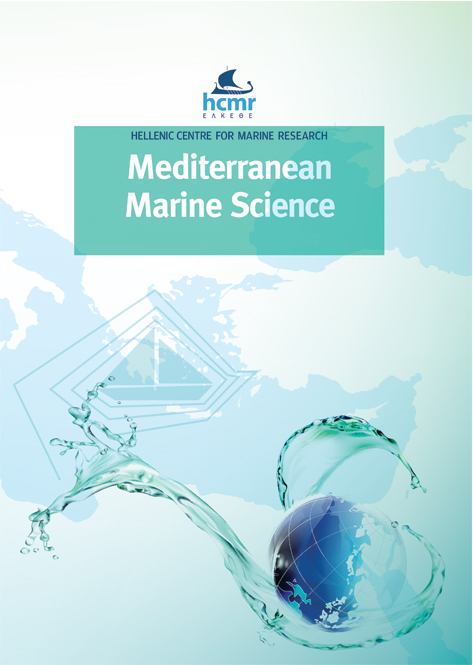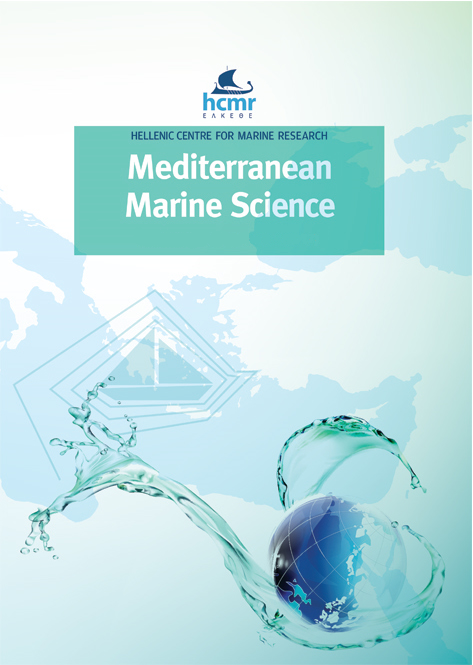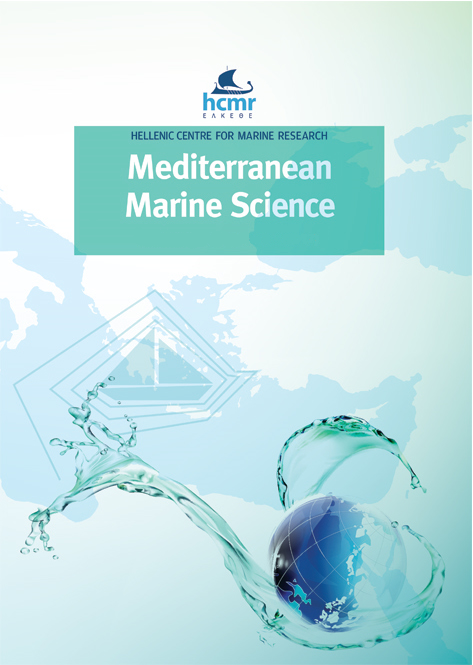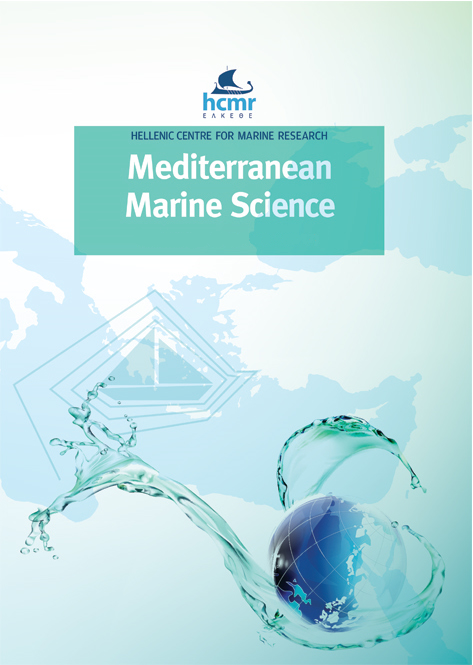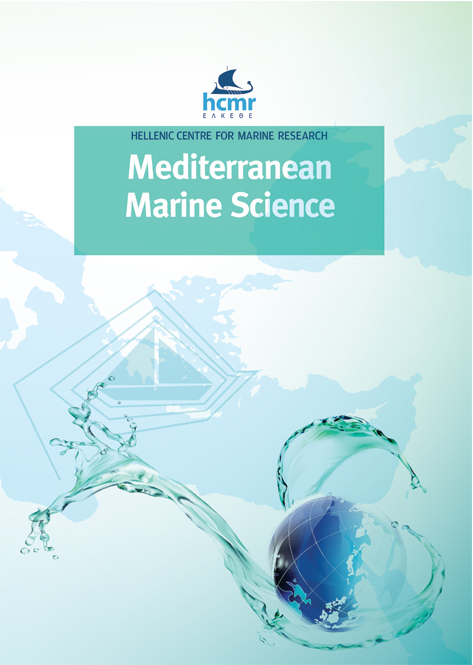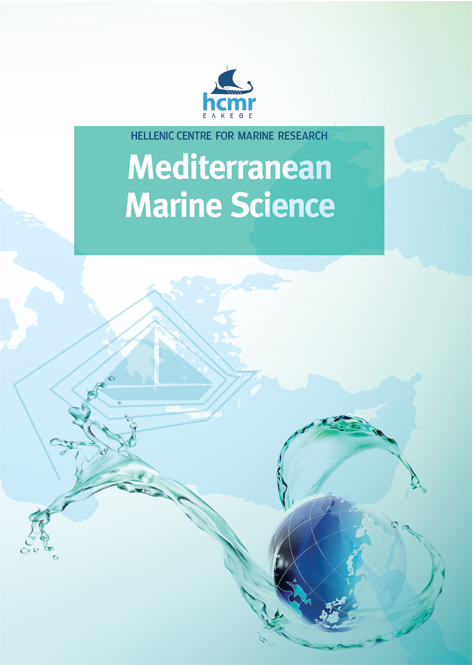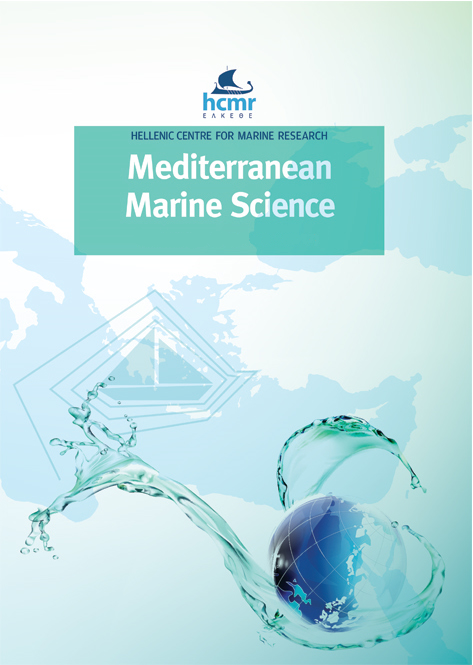Ovarian dynamics, batch fecundity and spawning phenology of the lessepsian migrant Etrumeus golanii DiBattista, Randall & Bowen, 2012 (Clupeidae: Dussumieriinae)
Abstract
The Golani’s round herring Etrumeus golanii is an Erythraean small pelagic fish (lessepsian migrant) that entered into the Mediterranean Sea through the Suez Canal. It has expanded its distribution from the east to the western Mediterranean with well-established local populations. We investigated basic aspects of its reproductive biology off the island of Crete (eastern Mediterranean) using ovarian histology and analysis of oocyte size-frequency distributions. The species exhibited a protracted breeding period (winter to early summer), with all ovaries examined during the main spawning season having markers of recent (postovulatory follicles, POFs) or imminent spawning (advanced oocyte batch in germinal vesicle migration or hydration). The advanced batch (AB) increased rapidly in size and was fully separated from the remainder, less developed oocytes in 95% of females with “old” POFs (POFs with signs of degeneration) and all females in final maturation. The growth of the subsequent batch (SB) was arrested at sizes <630 µm until full maturation of the AB. Mean diameter of hydrated oocytes ranged from 1181 to 1325 µm and relative batch fecundity was low ranging from 56 to 157 eggs g-1. The simulation of a coupled hydrodynamic/biogeochemical model (POM/ERSEM) provided evidence that E. golanii takes advantage of the seasonal cycle of planktonic production to reproduce and exhibits monthly changes in batch fecundity that appear to be closely related with the seasonal cycle of mesozooplankton concentration.
Article Details
- Come citare
-
SOMARAKIS, S., GIANNOULAKI, M., MARKAKIS, K., TSIARAS, K., SCHISMENOU, E., & PERISTERAKI, P. (2021). Ovarian dynamics, batch fecundity and spawning phenology of the lessepsian migrant Etrumeus golanii DiBattista, Randall & Bowen, 2012 (Clupeidae: Dussumieriinae). Mediterranean Marine Science, 22(3), 466–479. https://doi.org/10.12681/mms.27099
- Fascicolo
- V. 22 N. 3 (2021)
- Sezione
- Research Article
Authors who publish with this journal agree to the following terms:
- Authors retain copyright and grant the journal right of first publication with the work simultaneously licensed under a Creative Commons Attribution Non-Commercial License that allows others to share the work with an acknowledgement of the work's authorship and initial publication in this journal.
- Authors are able to enter into separate, additional contractual arrangements for the non-exclusive distribution of the journal's published version of the work (e.g. post it to an institutional repository or publish it in a book), with an acknowledgement of its initial publication in this journal.
- Authors are permitted and encouraged to post their work online (preferably in institutional repositories or on their website) prior to and during the submission process, as it can lead to productive exchanges, as well as earlier and greater citation of published work (See The Effect of Open Access).

